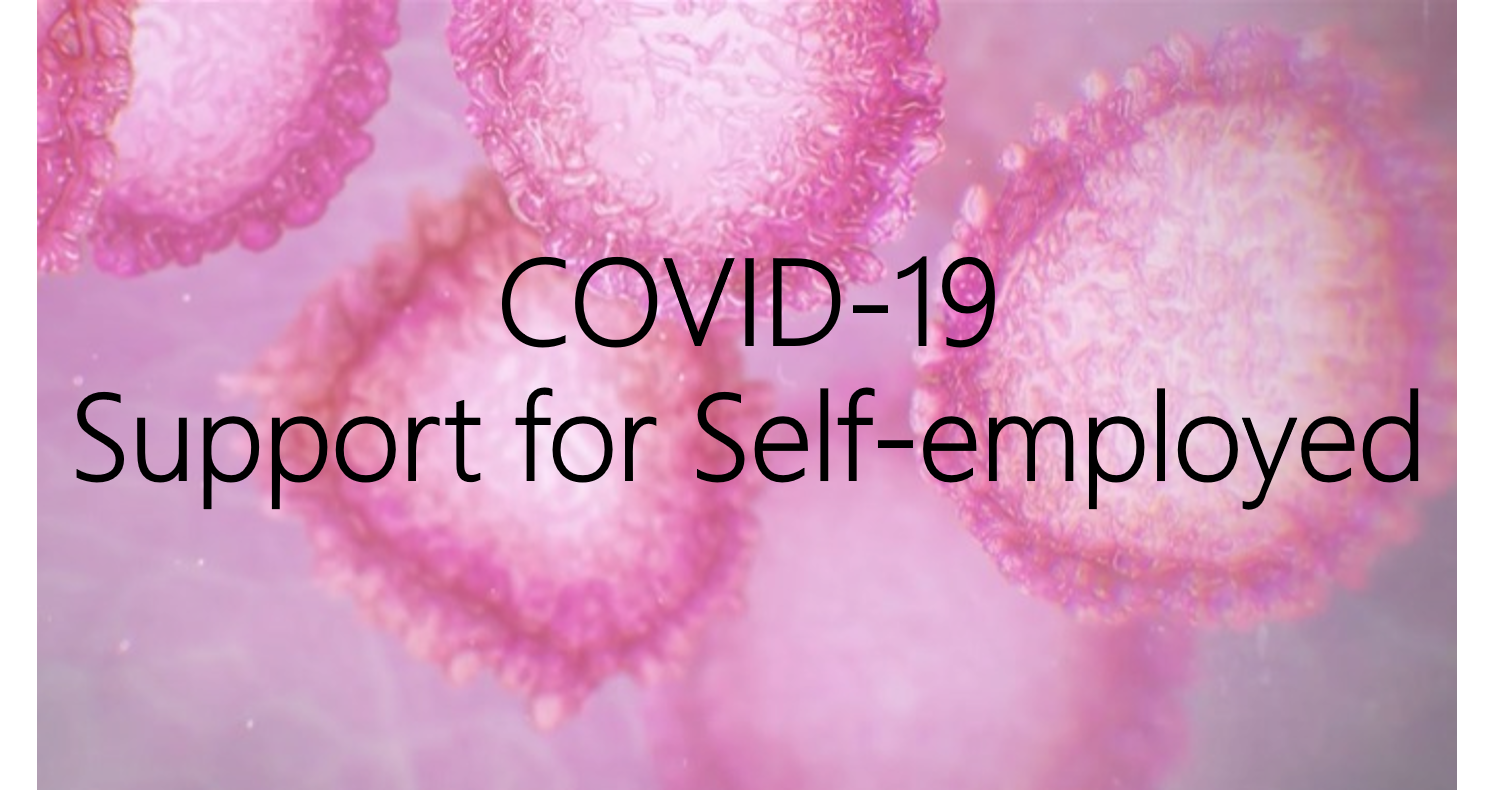
- On 26 March 2020, Rishi Sunak announced the highly anticipated measures to protect self-employed individuals via the new Self-employed Income Support Scheme
- This entails a taxable grant worth 80% of their average monthly profits over the last 3 years, up to £2,500 per month
- The grant will be paid direct to the self-employed individuals’ bank accounts
- It will be backdated to March 2020 and open for at least 3 months and extended if necessary
- It is only open to those with trading profits up to £50,000 but this is expected to benefit 95% of self-employed individuals
- It will only apply to those who make the majority of income from self-employment
- Only those who have a tax return for 2019 can apply in a measure to minimise fraud
- Access to the grant is expected by the beginning of June when 3 months’ worth of grant will be received
- HMRC will contact those who are eligible with an online form
- Anyone who missed the 31 January 2020 tax return filing deadline has 4 weeks (from 26 March 2020) to submit their tax return
- Income tax payments due in July can be deferred to the end of January 2021
- Self-employed individuals can continue to do business while claiming the grant
See the Government guidance here.
Aspire Comment
The Self-employed Income Support Scheme is on par with the Job Retention Scheme (‘JRS’) on offer to support employers with their employee’s income in terms of the level of grants and the cap applied.
However, unlike furloughed employees on the JRS who have to remain at home and not undertake any work for their employer, self-employed individuals can continue to do business and claim grants.
With the scheme not being open until June, it will not help with immediate cash flow issues however as long as all goes as planned, 3 months’ worth of grants will be received in one go.
For those who have recently registered as self-employed and so, did not submit a tax return in January, they will not be eligible and so, need to access Universal Credits as an alternative.
